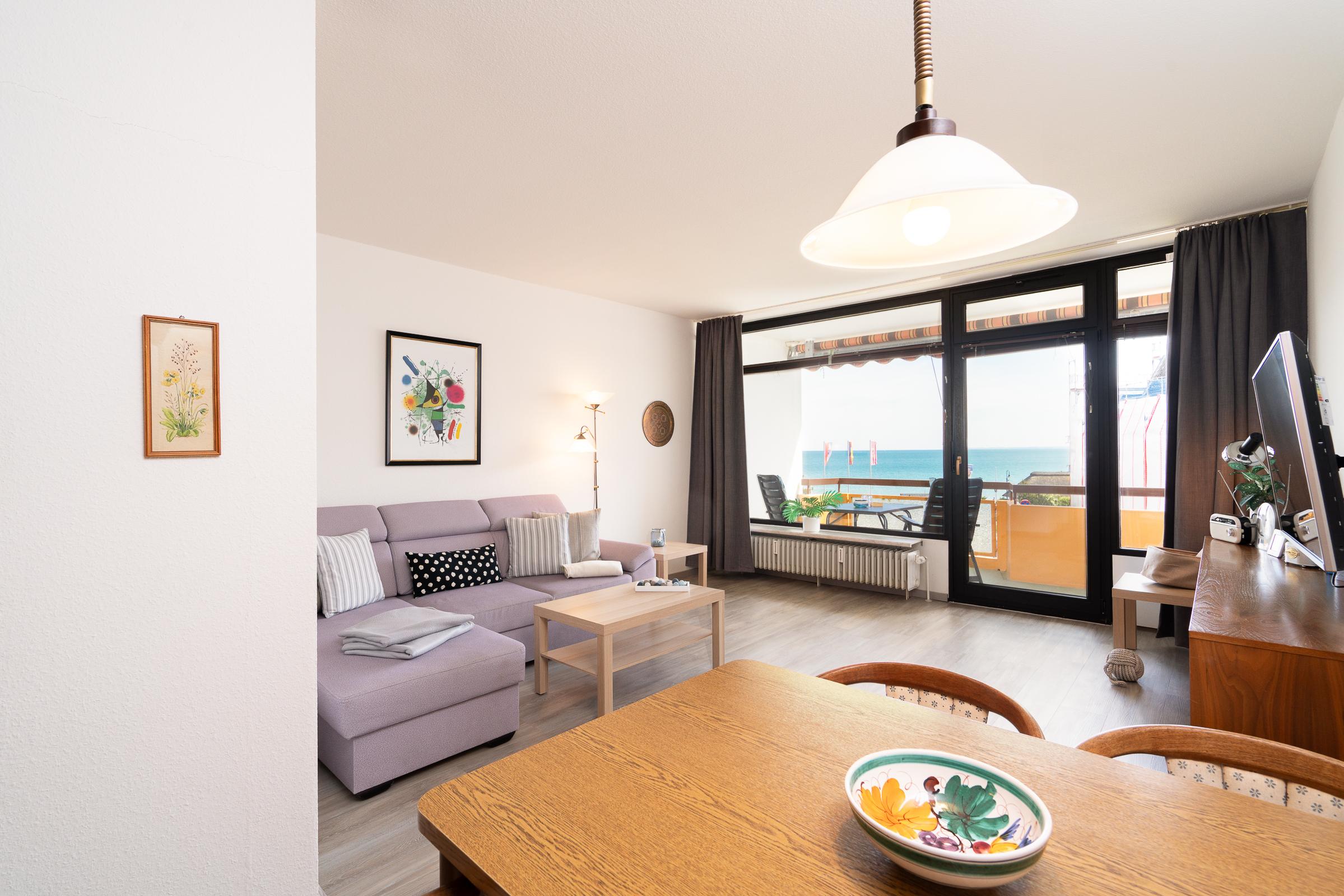The Impact of Airbnb on the Travel Industry

Introduction
Since its inception in 2008, Airbnb has transformed the landscape of travel accommodation, offering unique lodging options in over 220 countries and regions. With the growing trend towards experiential travel and a desire for local immersion, Airbnb has provided a platform for homeowners to generate income while giving travellers a chance to experience destinations authentically. As global travel resumes post-pandemic, understanding Airbnb’s role is more relevant than ever.
Recent Developments in Airbnb’s Business Model
As of 2023, Airbnb reported a significant rebound in bookings compared to the pandemic years, with a 40% increase in revenue year-over-year. The company has expanded its offerings to include “Airbnb Experiences” in addition to accommodations, allowing hosts to share local adventures such as cooking classes, tours, and workshops. This diversification enhances the traveller’s experience, attracting a broader demographic of users including families, solo adventurers, and remote workers.
Impact on Local Economies
Economically, Airbnb has had a mixed impact on local communities. Proponents argue that it stimulates local economies by allowing hosts to earn income and guests to spend on local businesses. According to a recent study by Oxford Economics, Airbnb guests spend approximately $1,000 on average during their stay, with significant portions going to dining, entertainment, and shopping in the area.
Conversely, critics highlight concerns regarding rising rental prices and housing shortages in popular destinations due to property owners converting long-term rentals into short-term Airbnb listings. Many cities are now implementing regulations to mitigate these challenges, aiming to balance tourism benefits with housing affordability.
Future Outlook for Airbnb
Looking forward, Airbnb is focusing on sustainability and enhancing user experiences. The company has set a goal to become a fully carbon-neutral platform by 2025, pushing hosts towards eco-friendly practices and promoting sustainable travelling behaviors among guests. Moreover, as remote work continues to reshape lifestyles, Airbnb is expected to tap into the market for long-term stays, potentially altering how traditional accommodations cater to evolving needs.
Conclusion
In conclusion, Airbnb’s revolutionary approach to travel has resulted in both opportunities and challenges for the accommodation industry and local communities. As the travel sector evolves, Airbnb continues to adapt, maintaining relevance by expanding its offerings and addressing the concerns of local markets. For travellers seeking unique and immersive experiences, Airbnb stands out as a viable and appealing option, shaping the future of travel accommodation.
